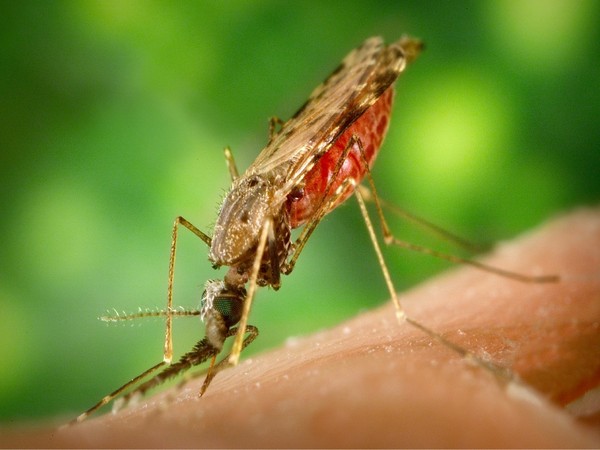Washington D.C.: The origin of Malaria infection has finally been revealed. A new study has come up with the data that can aggravate the treatment of the complex infection.
According to Professor Ian Cheeseman from Texas Biomedical Research Institute, “We don’t know what is inside malaria infections, or how many different genetically distinct strains of parasites there are. We don’t know how related they are to each other. We don’t know how many mosquitoes they came from.”
He was the Principal Investigator of a three-year study which got published at the latest edition of Cell Host & Microbe, a high-impact peer-reviewed publication.
The common fact about the disease is that the parasites carried and spread by Anopheles mosquito bites are behind the infectious disease. But to know further,
Cheeseman and his teammates used advanced technology to create single-cell genome sequencing.
As a result, a new scenario came to the forefront describing how frequent are the chances to get infected by the mosquito bites. The study was carried out on blood samples donated by Chikhwawa residents. The area is infamous for its high mosquito count.
Surprisingly the researchers found that all the infections came particularly from a single mosquito bite.
“Complex malaria infections are majorly caused by a single mosquito bite transmitting many genetically diverse but related parasites into the bloodstream of a patient,” Dr.
Standwell Nkhoma, lead author on the study and a Malawian national, mentioned.
This revelation would enable experts to restrict the mosquitoes from spreading the infection effectively and extensively.
The major limitation of controlling malaria has been the defense against the spread of antimalarial medication. Efficient models to deal with such issues can be built on the basis of the newest addition to the available data.
Malaria afflicts more or less 200 million from across the globe per year and proves fatal to more than 400,000 people, of whom most are children, according to the World Health Organization. “Any of our initiatives to understand this fatal parasite will make an enormous impact,” Dr Cheeseman concluded. (ANI)





